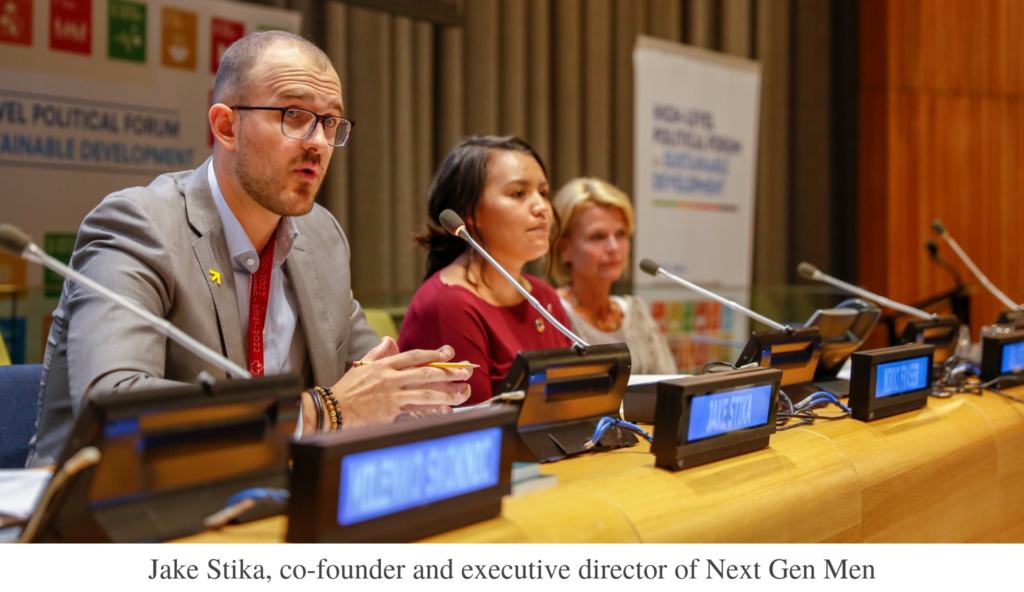The 30% Club Board Mentoring Scheme is a board level cross-sector mentoring programme to support the professional development of selected board-ready women.
Three cohorts of mentees have completed our program since its launch in July 2017, and a celebration was held to recognise cohort #4’s completion at ICDM.
The occassion was graced by Datuk Shireen Muhiudeen, Chairman, Bursa Malaysia, who participated in a candid and enlightening fireside chat, sharing her vast experience as a director on various boards and what the board of the future should look like – what capabilities and mindsets would be required to provide the necessary leadership for change.



